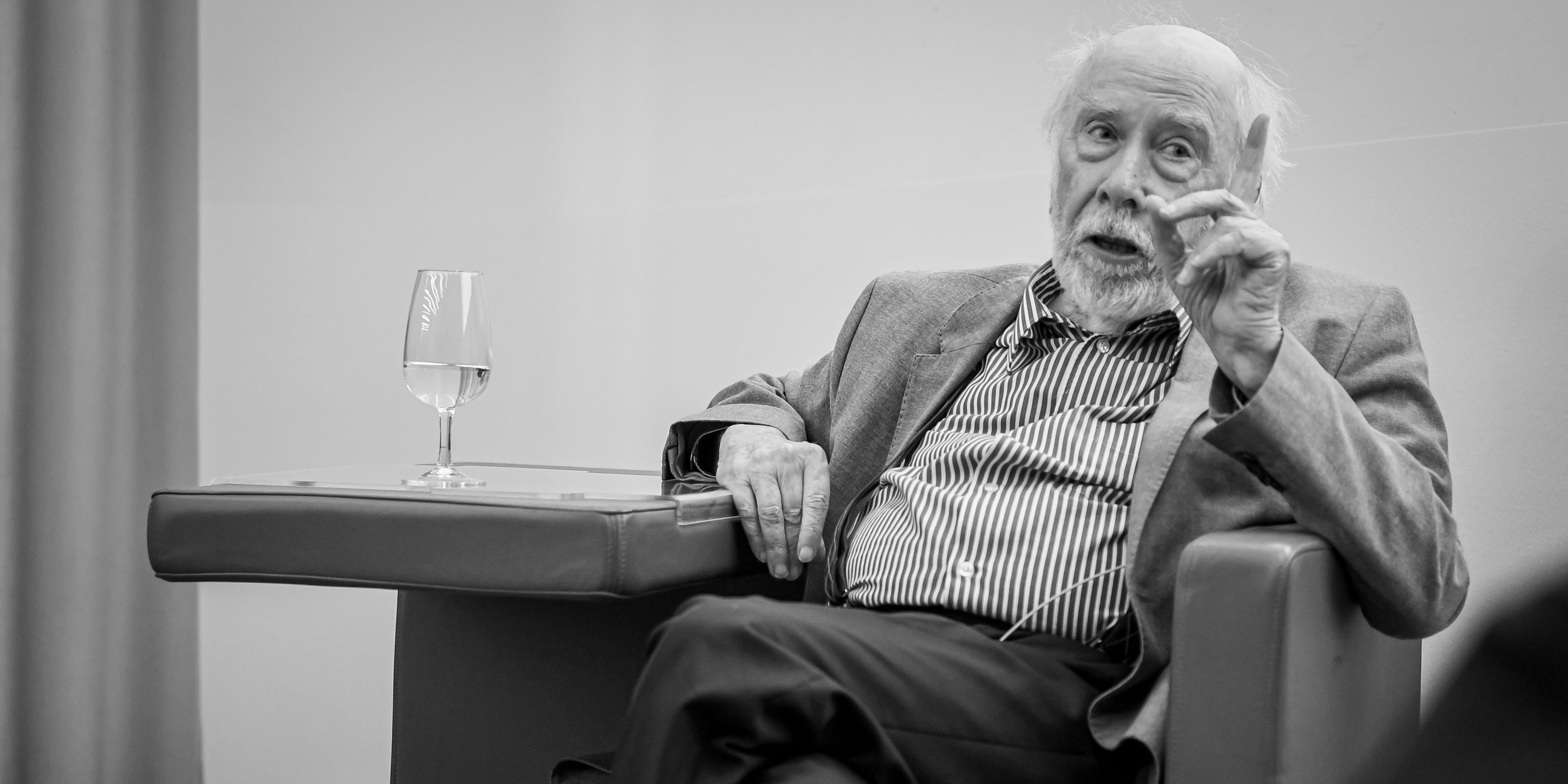
Turing Award winner, computer pioneer, and inventor of influential programming languages, Niklaus Wirth has left an indelible mark on the world of computer science. His groundbreaking achievements extend far beyond the development of the renowned programming language, Pascal. Wirth’s unwavering dedication has fundamentally shaped the field of IT, revolutionizing computer science and inspiring generations of programmers. The Wirth family announced with deep sadness that Niklaus Wirth peacefully passed away on January 1, 2024.
Establishing Computer Science in Switzerland
Wirth played an instrumental role in establishing computer science as a recognized and respected discipline in Switzerland. By bridging the gap between the United States, the epicenter of computer development, and Switzerland, he brought crucial innovations to the country. His tireless efforts led to the breakthrough of computer science as a separate research field and profession within Switzerland. Reflecting on Wirth’s contributions, ETH President Joël Mesot remarked, “In Niklaus Wirth, ETH Zurich has lost one of its greats: someone who not only did pioneering work in the development of programming languages but was also one of the founding fathers of computer science in Switzerland and at ETH.”
Wirth’s tenure as a professor at ETH Zurich from 1968 to 1999 played an integral role in shaping the landscape of computer science education. Through his persistence and the support of his colleagues, ETH Zurich established an independent Department of Computer Science and a corresponding degree program in 1981.
Early Passion for Technology
Born on February 15, 1934, in Winterthur, Wirth showcased his passion for technology from an early age. Fascinated by aircraft construction, he quickly developed an interest in electronics. He constructed his first radios and amplifiers, which laid the foundation for his future endeavors. Wirth pursued an education in electrical engineering at ETH Zurich, where he obtained a degree and an advanced federal professional diploma. In 1960, he completed his Master’s degree at the University of Laval in Canada. It was during this time that Wirth’s journey into the world of computers, programming languages, and compilers began at the University of California in Berkeley.
Under the guidance of Harry Huskey, Wirth earned his doctorate in 1963 from Berkeley, focusing on the generalization of the Algol 60 programming language. He held assistant professorships at Stanford University and the University of Zurich before returning to ETH Zurich in 1968 as a Professor of Computer Science. Throughout his 31-year tenure, Wirth developed several groundbreaking programming languages, including Euler, PL360, Algol W, Pascal, Modula, Modula 2, Oberon, and LoLa. Additionally, he played a pivotal role in building Switzerland’s first personal computers and fostering the growth of the first generation of Swiss computer scientists. Wirth’s immense contributions extended beyond teaching and programming; he authored several standard reference works that have been globally recognized.
Pascal – A Powerful and Elegant Language
In 1984, a momentous year for both Wirth and the world of computing, he received the prestigious ACM Turing Award. Affectionately known as the “Nobel Prize of Computing,” the award acknowledged Wirth’s development of multiple influential programming languages, among them Euler, Algol W, Modula, and the widely acclaimed Pascal.
Pascal, his most renowned creation, boasted simplicity and elegance as its defining characteristics. Wirth based the language on the principles of structured programming delineated by Edsger W. Dijkstra, the mathematical foundation established by Tony Hoare, and the architectural implementation of Algol-W concepts. Pascal’s efficiency, coupled with its integration of structured programming and data structuring practices, rapidly propelled it to become a favored language for educational purposes. Countless students across universities, including ETH Zurich, had their initial programming experiences with Pascal.
However, Wirth’s ingenuity did not stop with Pascal. Throughout his career, he relentlessly pushed the boundaries of programming languages. From its successor, Modula-2, to the Oberon system and the “Lilith” workstation, a precursor to personal computers, Wirth continuously refined and enhanced his programming languages. Oberon, an object-oriented language, epitomized his desire to create a powerful yet comprehensible language designed for the general public. It ultimately evolved into a complete system, chronicled in Wirth’s book, “Project Oberon.”
Lilith – Elevating Computer Science in Switzerland
Switzerland’s prominence in the field of computer science today is a testament to the fundamental contributions it makes to the discipline’s principles and practical applications. However, until the 1970s, Switzerland lagged behind in both computer science education and application. One example of Wirth’s commitment to elevating Swiss computer science was his creation of the Lilith workstation, which piqued industry interest in subsequent years.
FAQs
How did Niklaus Wirth pass away?
Niklaus Wirth passed away peacefully on January 1, 2024.
What were Niklaus Wirth’s notable contributions?
Niklaus Wirth made significant contributions to the field of computer science, including the development of influential programming languages such as Pascal, Euler, Algol W, Modula, Modula 2, Oberon, and LoLa. He also played a pivotal role in establishing computer science in Switzerland, fostering its growth as a separate research field and profession.
Conclusion
Niklaus Wirth, a visionary computer scientist, has left an indelible legacy through his pioneering work and innovative spirit. His influential programming languages, educational initiatives, and commitment to advancing computer science in Switzerland have shaped the world of IT. Although he is no longer with us, Wirth’s contributions will continue to impact the field for generations to come.
Click here to visit Celebrity Deaths 2024 for more obituaries and tributes of renowned individuals who have passed away this year.

